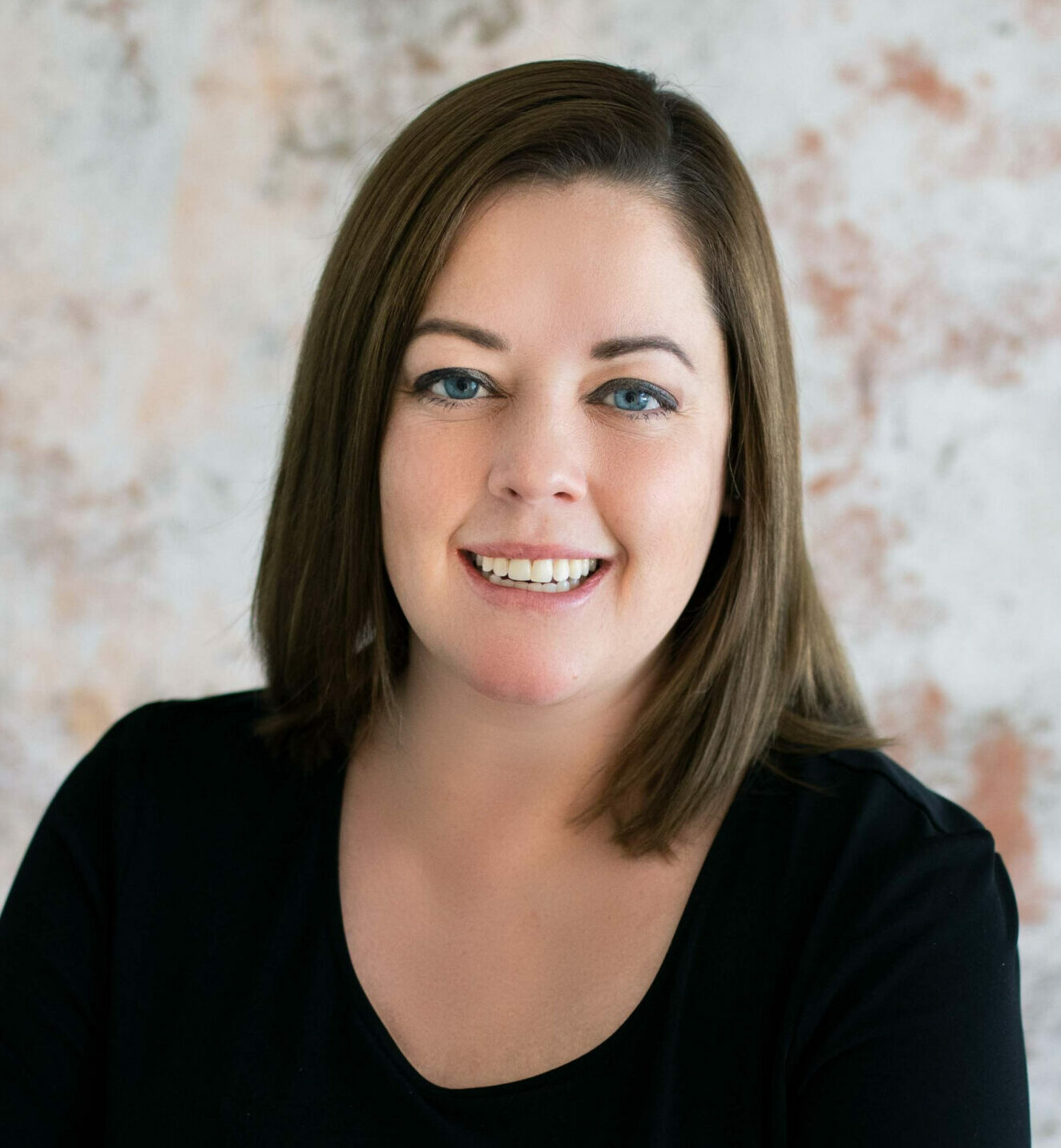Ever gotten a letter from the IRS? It doesn’t even matter what the letter is, just seeing it in your mailbox will make your throat catch, your heart spike, and your hands shake.
That’s why you want a great CPA.
If you have a great CPA, that feeling of dread will be muted quite a bit. “My books are fine, I’m compliant with regulations, so I can handle whatever the IRS throws my way,” is a great way to be able to respond.
How do you find and choose a CPA for your dental practice? That’s the subject of today’s episode over on the Practice Purchased podcast. (You’re subscribed, right?) Listen to it, highlight it, and come back to it several times, because as you’re setting up your business, getting this part right is vital.
In just 20 minutes, I’ll answer these questions:
- What does my CPA actually do?
I list five things, but for one, how about proactive tax planning? Feels good when you’re ahead of the game.
- What does my bookkeeper actually do?
I list six things this time. One is that they’re a line of defense against embezzlement, a more common problem than you might think.
- Should they come from the same firm?
Usually yes. They’ll work together more seamlessly this way.
- Can I do this myself?
No. No, no, a thousand times no.
- How much should this cost?
Between 1% and 1.5% of collections. But that’s a guideline. Listen for the nuance.
- Do they need to be local?
Not anymore!
- Can I use a non-dental CPA?
Um…sure, you could. But why would you? I’ll break down why dental specific CPAs are best for you.
- Most importantly: How do I choose a firm?
Finding a firm is easy—google it! But how do you know it’s a good one? I’ll arm you with seven questions to ask any CPA firm that wants your business. One of them is even a great trick question.
Find a great CPA and cultivate a strong relationship with them. Then when that letter from the IRS shows up, you’ll be able to simply snap a photo of the letter, send it to your accountant and say, “Let me know when you’ve taken care of this.”
Then get on with your dentistry.






